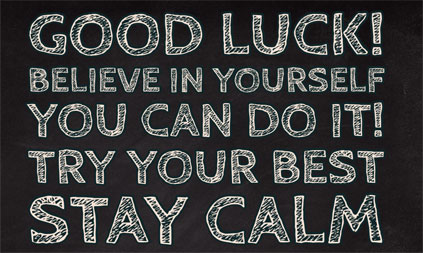We all know that you need a greatly formatted, eye-catching CV to grab the hiring manager’s attention to land the job of your dreams.
Here are a few tips to have a professional looking CV:
- Start strong, the top 1/3 of the file is the most important, make sure it is easy to read, neat and with relevant information.
- Your name should be the biggest text in your CV & bold.
- Make sure that your contact details are clearly listed:
- Use a professional email address, ex:This email address is being protected from spambots. You need JavaScript enabled to view it.
- Don’t mention any of the following personal details: Full address, Marital status, Gender, Sexual orientation, or Religious beliefs.
- Include URLs of your professional social media profiles like LinkedIn, personal websites, blog, or your portfolio (for creative professionals consider adding links to Instagram, YouTube, or Pinterest profiles).
- Choose a professional font; Ex: Times New Roman, Arial, Calibri, Georgia.
- Use the right font size: between 14-16 for sections titles, 10-12 for all other text.
- Make sure you have margins on all sides, and add 1.0-1.15 line spacing between text.
- Make your subheadings bold.
- Use bullet lists instead of paragraphs to describe your experiences, educational background and skills, Keep your bullet points to six at most.
- Don't worry if your resume is one page long.
- Make sure the first letter of all names mentioned, are capital.
- Proofread your CV several times to check for any mistakes, Or Ask a professional to review it. (Submit your CV to This email address is being protected from spambots. You need JavaScript enabled to view it. for reviewing).
- Name your file properly: use Your first and last name, and add the document type: CV.
- Save your CV as PDF file format.
- Use CV Builder to save time, effort and to ensure best results;
here are some links to free professional cv templates.
https://zety.com/resume-templates
https://www.resumebuilder.com/resume-templates/

Wondering how to build a strong resume that stands out?
Here are a few essential details to include to keep it more professional:
- Start your CV with a resume summary or a resume objective.
- Mention your Experience and Educational background:
if you’re a fresh graduate then your educational section is your strongest asset. In that case;
- Consider putting your education section first.
- List and describe your relevant coursework to show recruiters that you have skills related to the job.
- Add a list of relevant side projects and non-traditional work like: volunteering, part time jobs, summer camps, training, awards, residences or conferences you’ve attended.
- Incorporate all the continuing education and online learning courses you had.
-
Place your most recent entries at the top in a chronological descending order.
- If you’re a professional with tons of experience:
- Place your experience before your education, using effective and descriptive titles.
- Don’t list all your work experiences; jobs you are not proud of, or not relevant to the current position.
- Focus more on your achievements, not the assigned tasks and responsibilities.
And always use numbers to describe what you’ve achieved.
Ex: (you increased the annual revenues, Vs. you increased them by $100,000, or by 78%.)
- Make sure to use the right keywords and action verbs specially at the beginning of each bullet point to get noticed more easily, Ex: team player, leadership, communication, creative, problem solving, responsible for, achieved, worked on, improved, researched, coached, planned, managed, assist.
- List all the right skills: scan the job description for a list of relevant and required skills and add the ones you have.
- A golden advice is to tailor your CV according to the job you are applying for, and remember you will be asked in every aspect of your resume.
- Remove any possible resume red flags.
10) Clean Up Your Online Presence; don’t forget that hiring managers search for you online:
- Adjust your LinkedIn profile to match your CV
- Clean any “public” information on your Facebook and other social media pages.
- Change your Facebook privacy settings to “Friends” to prevent anyone from digging into past posts.
- Do a google search on yourself and remove any sensitive content from the web.
11) At last it is always a great idea to attach your CV with a cover letter, especially for young professionals, to show your passion for the job in detail, include your professional goals and some more in-depth







